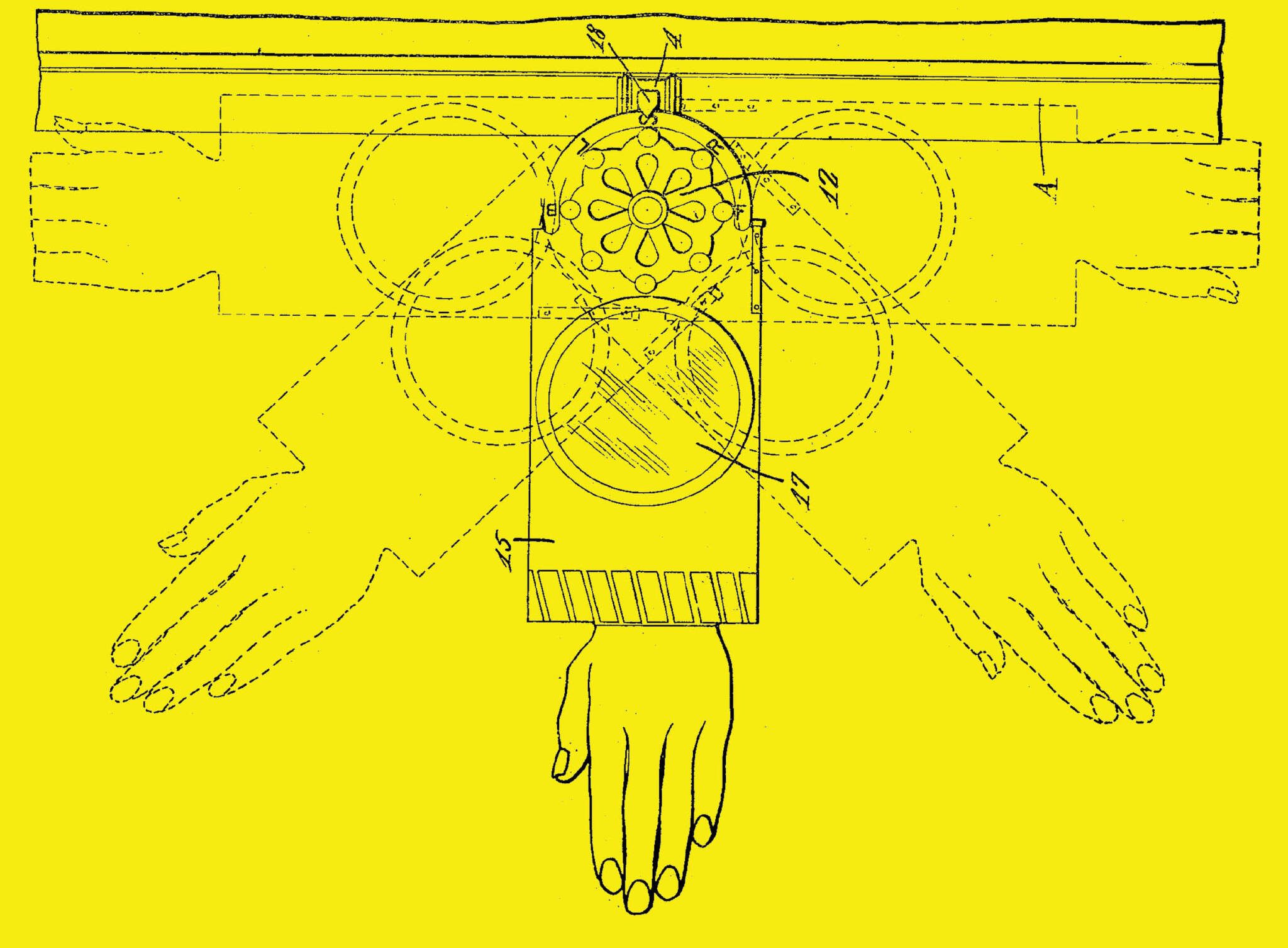
Traffic: A Doctoral Symposium
Fri, 4/4—Sat, 4/5 · Betts Auditorium
Princeton School of Architecture

Mobilizing the suggestive vocabulary of capitalism, traffic implies economies of trade and profit, usually at a distance. The word derives from the 14th-century French trafic, which once connoted nefarious or illicit intrigues, schemes, side-deals, and negotiations. While these meanings are now rare in modern usage, they indicate a history of tenuous moves across borders and bounds. If “traffic” finds its origins in commerce, how can the crossings it describes offer new sites and subjects of analysis? Traffic speaks to the vulnerabilities of communication as well as humanistic questions about the transmissions and transformations of meaning and matter. Necessarily, these are questions about multiple and uneven scales, temporalities, and geographies, as much as the persistent legacies of development, fugitivity, and organized abandonment.
This symposium probes historical and theoretical conceptions of mobility, movement, and migration to contend with and challenge expectations of architectural form and material exchange. Between signal and noise, metaphor and matter, person and thing, movement and stasis, traffic entails a dialectic between things that move and the systems that move them; the immaterial contingencies of the carrier and the material realities of the carried. It inheres in bottlenecks, encroachments, collisions, dependencies, contact zones, checkpoints, entropies, refusals, and more. We ask, how do differential loss and care undergird these varied movements through time and space? In other words, what if “you’re not stuck in traffic, but you are traffic”?
Reviving a tradition of doctoral-student organized symposia at the Princeton School of Architecture, this three day event gathers students and scholars from within and without architectural history to consider the methodological and historiographic contributions of “traffic.” Starting on Friday, April 4th, and continuing through the day on Saturday, April 5th, the event is organized around thematic panels of graduate student talks. The event concludes with a keynote lecture from art historian Maggie M. Cao (University of North Carolina), author of the new book Painting U.S. Empire: Nineteenth-Century Art and Its Legacies (Chicago, 2025).
The symposium is sponsored by the School of Architecture. It is co-sponsored by the Center for Collaborative History; the Office of Institutional Equity and Diversity’s Campus Conversations on Inclusion, Department of Art & Archaeology; the University Center for Human Values; the Interdisciplinary Doctoral Program in the Humanities; the Department of English; Princeton Mellon Program in Architecture, Urbanism, and the Humanities; the German Department; the Humanities Council’s Fund for Canadian Studies, and Media + Modernity.
Thank you to our funders, SoA staff, catering personnel, and Princeton facilities employees.
Traffic is organized by Foivos Geralis, Dimitris Hartonas, Patrick Jaojoco, Luna Eaton Sharon, Maxwell Smith-Holmes, Lealla Solomon, Isabelle A. Tan.















